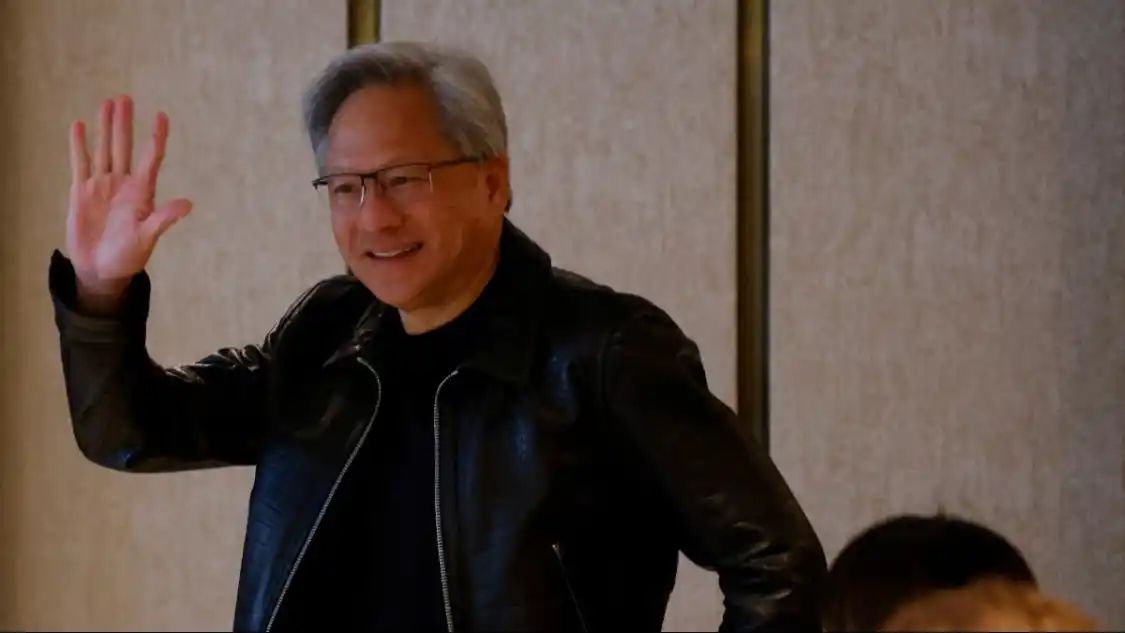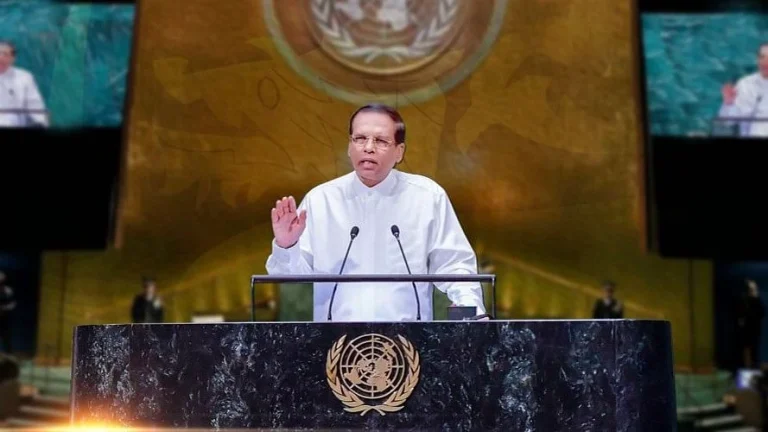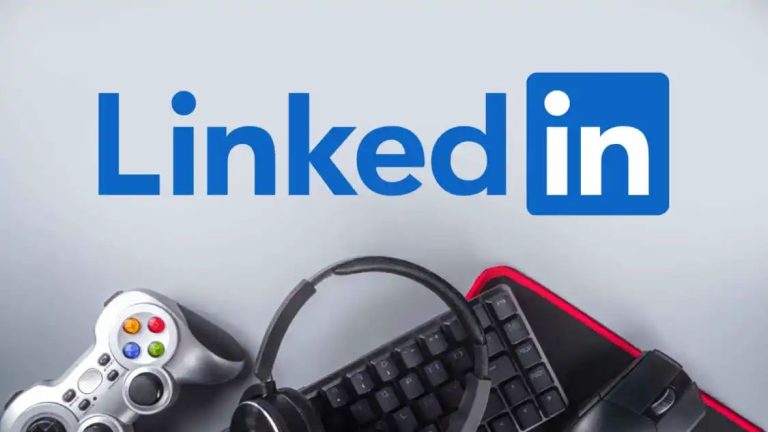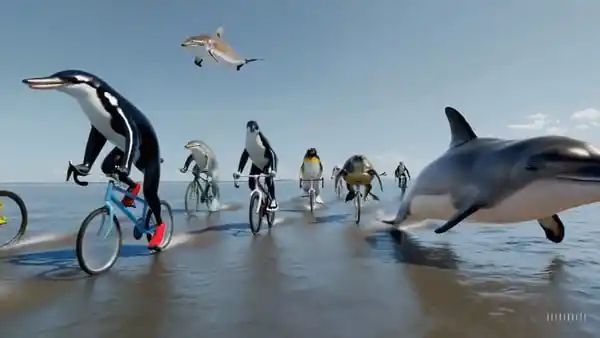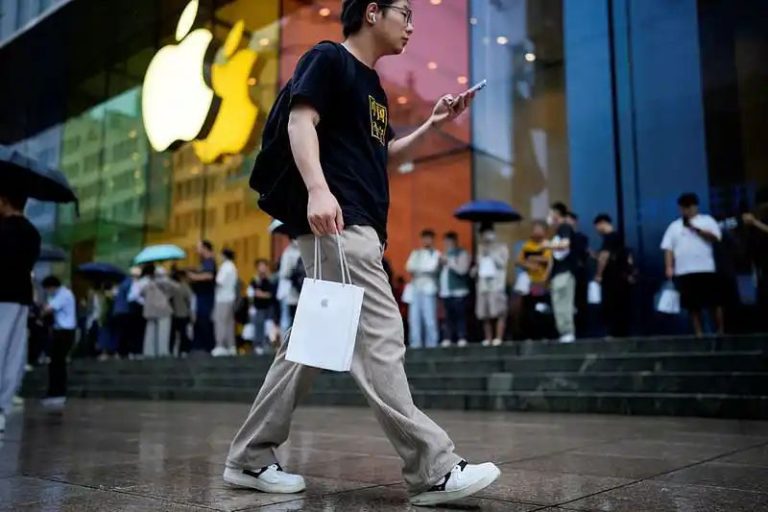Nvidia CEO says he wishes pain and suffering for students, asks Gen Z to lower expectation
“I don’t know how to do it [but] for all of you Stanford students, I wish upon you ample doses of pain and suffering,” he said. “Greatness comes from character and character isn’t formed out of smart people, it is formed out of people who suffered,” he added.
Although Huang did not explicitly mention which students he was referring to in these comments, it is reasonable to assume, given the context of his interview and his prominent position in the technology industry, that he was addressing software engineering students. His remarks were likely directed at tech employees who may have harboured unrealistic industry expectations after graduating from college. He may have also been referring to those whose skills, while suitable for academic environments, may not have aligned well with the demanding and competitive nature of early career work in the tech sector.
The Nvidia CEO also spoke about his own hardships. He shared that he faced challenges during his high school days, such as having to navigate a perilous footbridge with missing planks over a river to reach his public school in Kentucky, where he endured relentless bullying. “I was fortunate that I grew up with my parents providing a condition for us to be successful on the one hand…But there were plenty of opportunities for setbacks and suffering,” he said.
In the interview, he also attributes his success and strong work ethic to his initial job at Denny’s, an American diner chain, where he proudly claimed the title of “the best dishwasher” before being promoted to busboy and putting his “best” into that role as well.
“I never left the station empty-handed. I never came back empty-handed. I was very efficient,” he said. “Anyways, eventually I became a CEO. I’m still working on being a good CEO,” he added.
Another key to success, according to the Nvidia CEO, is setting the right expectations. And in contrast to the usual advice of setting high expectations, Jensen Huang wants students to lower their expectations. “People with very high expectations have very low resilience, and unfortunately, resilience matters in success,” said Huang. “One of my great advantages is that I have very low expectations,” he added.
Essentially, Hunag emphasises the importance of enduring hardship and challenges. His words echoed a profound truth about the nature of greatness. Huang’s story serves as a reminder that setbacks and difficulties can be catalysts for growth and character development. As he continues to navigate his journey as a CEO, his advice about having practical goals and dealing with challenges gives useful lessons for anyone trying to succeed in their own career.
AI will hit jobs in Indian IT sector but experts say companies can also be ethical about job cuts Exclusive: AI will lead to IT companies needing 70 per cent fewer people, says former HCL CEO Vineet Nayar Indian ChatGPT? Krutrim launch and Meity directive show AI future in India is stuck
